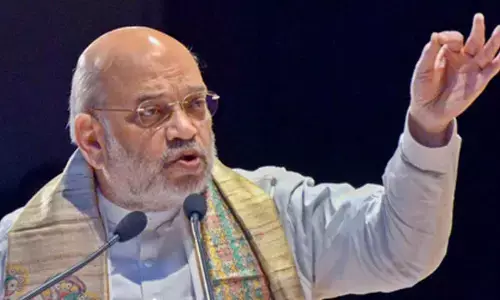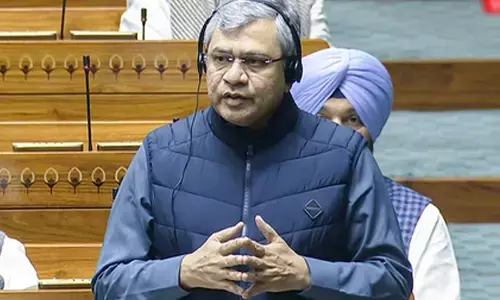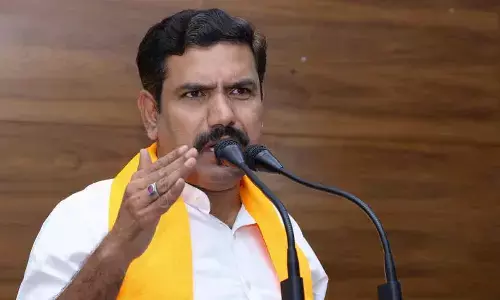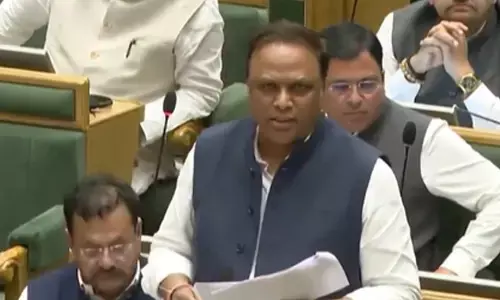Hike oil price, but use money well
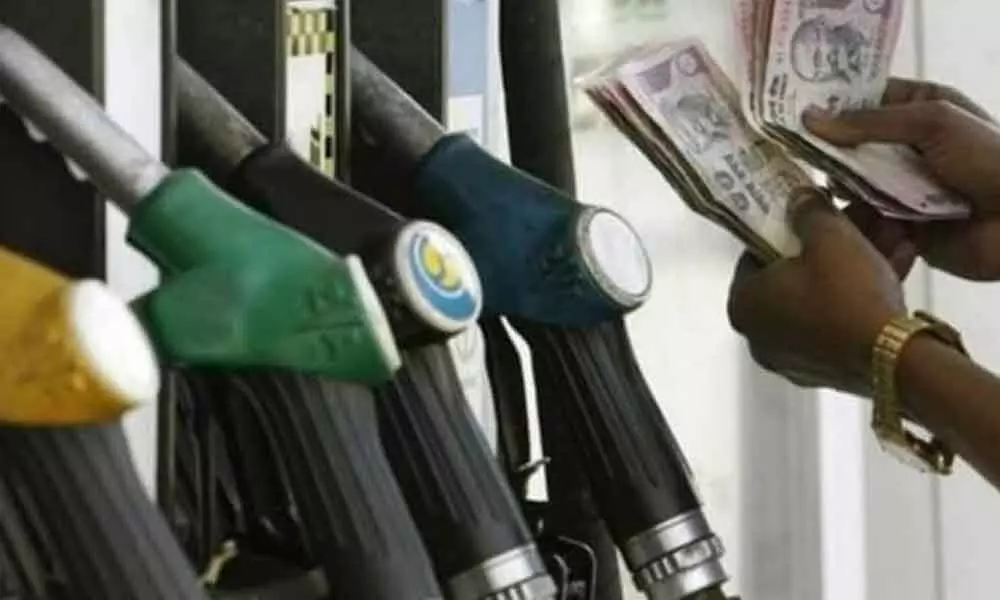
Petrol and Diesel prices today, 07 October 2021
The price of crude oil in the international market in the last five years has remained between 40 to 70 United States Dollars per barrel
The price of crude oil in the international market in the last five years has remained between 40 to 70 United States Dollars per barrel. In this entire period, the price of petrol in our country has remained around 70 to 75 rupees per litre. The present price of crude oil in the international market is about USD 65 per barrel which is within the range of 40 to 70 dollars as previously. Thus, the question arises why the price of petrol in the domestic market has increased to about Rs 90 to Rs 100 per litre?
The story is unravelled by looking at the price of crude oil in 2020. The price had declined to zero in June 2020 when large parts of the global economy went into lockdowns. The government increased the taxes on oil at that time and did not allow the price in the domestic market to decline. Say, the price of crude oil declined from 70 to 10 USD per barrel and the government increased the tax in the same measure; then the price in the domestic market remained at the previous Rs 75 per litre.
The situation prevailing toward the beginning of this year, therefore, was low international prices coupled with high domestic taxes. Recently the price of oil in the international market has increased to about USD 65 but the government has not reduced the tax. As a result, today we have high prices in the domestic market.
This does not appear to be justified from the standpoint of the consumer — especially the impact on the "common man." However, studies show that the impact of oil prices on the rich is more and on the poor is less. I have not been able to access studies from India in the regard. In Mali, a developing country in Africa, I have calculated that if the upper sections pay an additional 80 paise due to increase in oil price, the poor will pay only an additional 5 paise. The upper sections will bear 16 times the burden. Our situation is similar to that of Mali.
The upshot is the greater impact of increase in the price of oil will be borne by the upper sections. Therefore, the opposition to the increase in the price of oil in the name of the "common man," is not acceptable. This is like the factory owner saying that she is not able to buy uniforms for her employees because of the increase in the price of cloth.
There are many indirect benefits of an increase in the price of oil. The consumption of oil is reduced by increase in price of oil. Studies indicate that an increase of 10 percent in the price of oil leads to a reduction of 0.4 percent in consumption in the long run. The increase in price will, therefore, lead to less consumption and accordingly the pressure on our economy for oil imports will be less. We are presently selling our produce at reduced prices because of the compulsion to earn dollars. We will then be able to obtain true prices for our exports.
Second, high price of oil makes it profitable to develop alternative sources of energy. For example, it becomes beneficial for a consumer to buy an electric car that can be charged by solar power if the price of petrol is high. Third benefit is that of environment. The use of oil leads to large carbon emissions which, in turn, leads to global warming which, in turn, leads to environmental disasters like droughts and floods. Therefore, a high price of oil and coal will lead to less consumption and less global warming. A caveat here is that we must not produce ethanol for use as petrol from agricultural produce; and also, not generate electricity by making dams on our rivers. We pack our invaluable water and soil in ethanol and burn it in the form of petrol. Similarly, we kill our fishes, destroy our forests, and invite disasters like that has happened recently in Uttarakhand by promoting hydropower.
Fourth and perhaps the most important aspect is that the government is facing a huge funds crunch due to the Covid-19 pandemic. The government will have to per force tax the people in one way or the other to raise revenue to meet this deficit. The choice before the people, therefore, is only whether the government will impose higher taxes on oil or, say, cloth.
Therefore, criticism of the government on this count is not justified in the present situation. The correct criticism is that the money earned from the higher tax collections from oil be used to reduce consumption of oil such as by developing public transport. The government has made highways which is in the right direction. But there is a need to ply buses rather than private cars on them. Metros should be made in large cities so that we reduce the energy consumption in travel.
We are presently using oil and coal that have been made by mother nature over millions of years. We are using this one-time inheritance and burning it up in a short span of a century or two. We have to reduce our consumption of energy to the levels that can be harnessed from present sources such as solar power, sequestration of carbon in our forests, etcetera.
The government should also reduce the burden on the people of government consumption. If the people — both upper and lower sections — have to pay an additional Rs 100 for high price of oil, then the government must reduce its consumption like amount and reduce the taxes in proportion. It is seen that the income of the common man has taken a big hit during the Covid-19 pandemic, but the income and consumption of government servants has remained at the previous levels. The serviceman is making merry while the served, for serving whom they have been appointed, is getting poorer. The oil price may be increased further but the money should be used properly.
(The writer is formerly Professor of Economics at IIM, Bengaluru)









